According to the EU, member states are allowed to temporarily reintroduce controls at the bloc's internal borders in case of a serious threat, such as one to internal security.
The Dutch government announced on Monday plans to introduce additional land border checks to tackle irregular migration, following a similar move by Germany in September.
The measure is the latest effort by the country's hard-right government to tighten immigration controls amid rising anti-foreigner sentiment across Europe.
Dutch Migration Minister Marjolein Faber announced the policy in a press release after receiving Cabinet approval.
“It is time to tackle irregular migration and migrant smuggling in a concrete way. That is why we will start reintroducing border controls in the Netherlands from the beginning of December,” she said in a statement.
The measure, set to take effect on December 9, complies with EU law requiring member states to notify Brussels four weeks before restricting freedom of movement.
Earlier this year, Faber told Brussels the Netherlands also wanted to opt out of EU refugee obligations.
Geert Wilders, whose anti-immigration party won the largest share of seats in elections last year, posted on social media that his PVV party “delivers.” Wilders has been calling for closing Dutch borders for more than a decade.
Faber, who represents Wilders’ party in the Cabinet, did not specify how the border controls would be carried out. The move comes with no extra funding for the national policy force response for border checks. The six-month restrictions must be done “within the existing capacity,” the statement says.
The Netherlands has hundreds of land border crossings with neighbouring Germany and Belgium. Currently, the police carry out spot checks. Faber says the border controls must be carried out with as little hindrance as possible to traffic.
Germany began carrying out similar checks on the border with France, the Netherlands, Belgium, Luxembourg and Denmark last month following several high-profile attacks by extremists.
Germany and the Netherlands are both part of the Schengen area, the border-free travel zone that includes most EU member states, as well as Iceland, Liechtenstein, Norway and Switzerland.
According to the EU, member states are allowed to temporarily reintroduce controls at the EU’s so-called internal borders in case of a serious threat, such as one to internal security. But it also says border controls should be applied as a last resort in exceptional situations, and must be time-limited.

 5 months ago
41
5 months ago
41
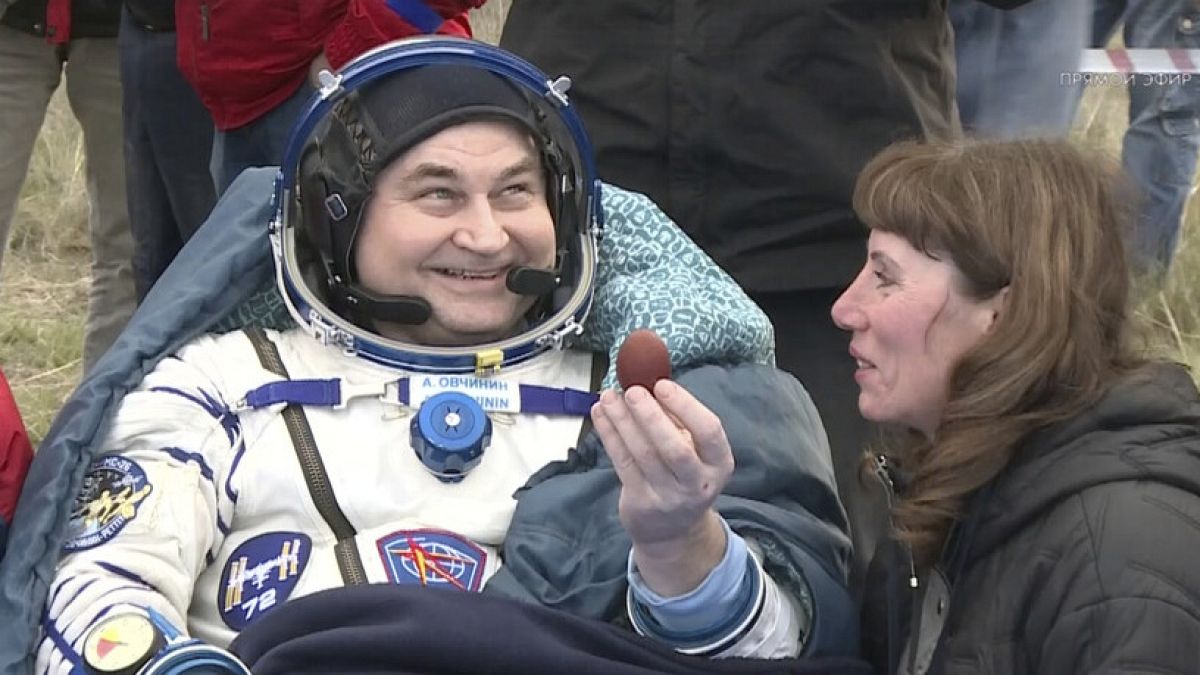
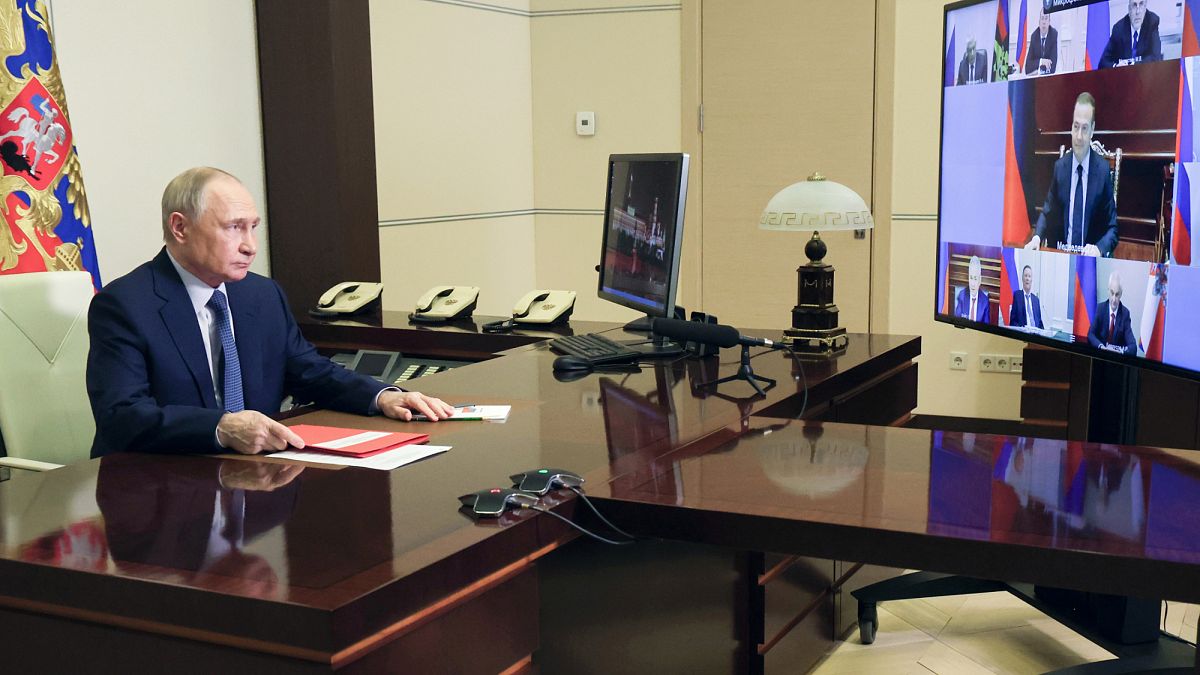
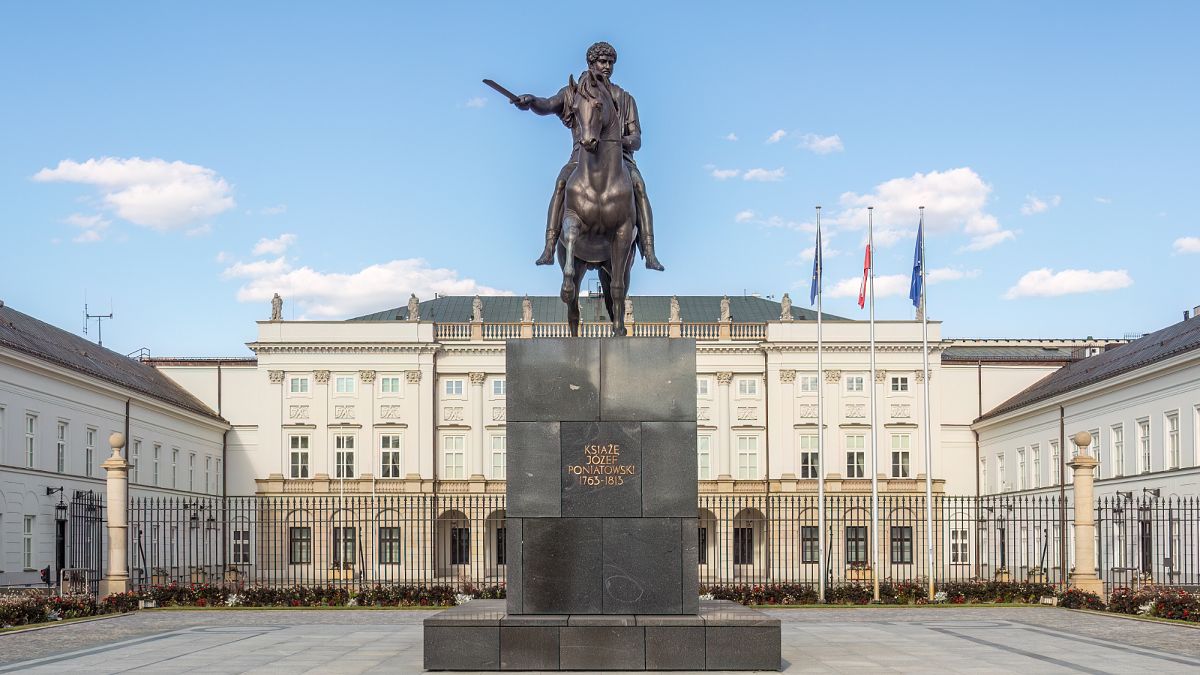
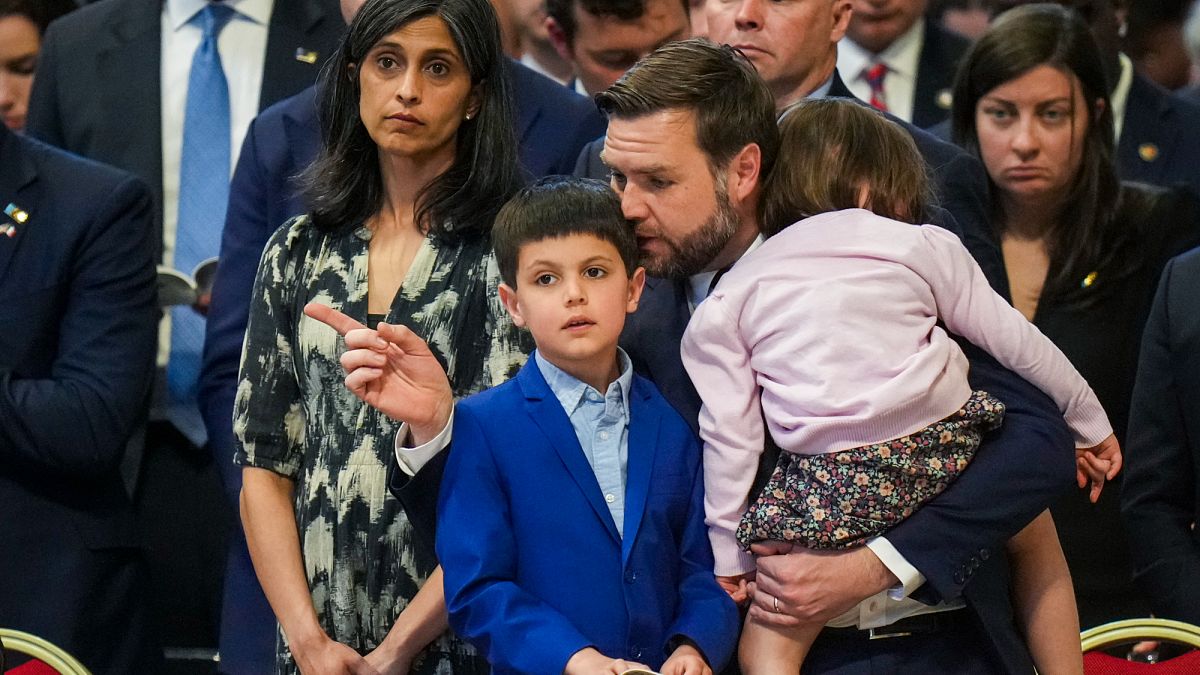
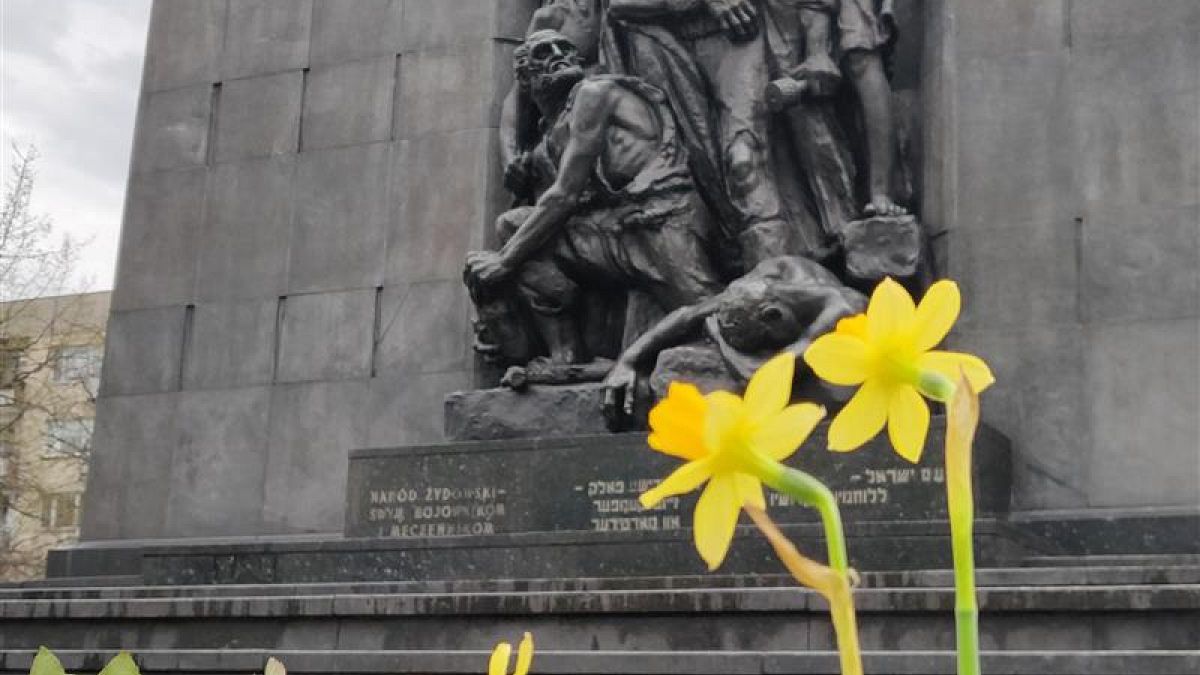
 We deliver critical software at unparalleled value and speed to help your business thrive
We deliver critical software at unparalleled value and speed to help your business thrive






 English (US) ·
English (US) ·